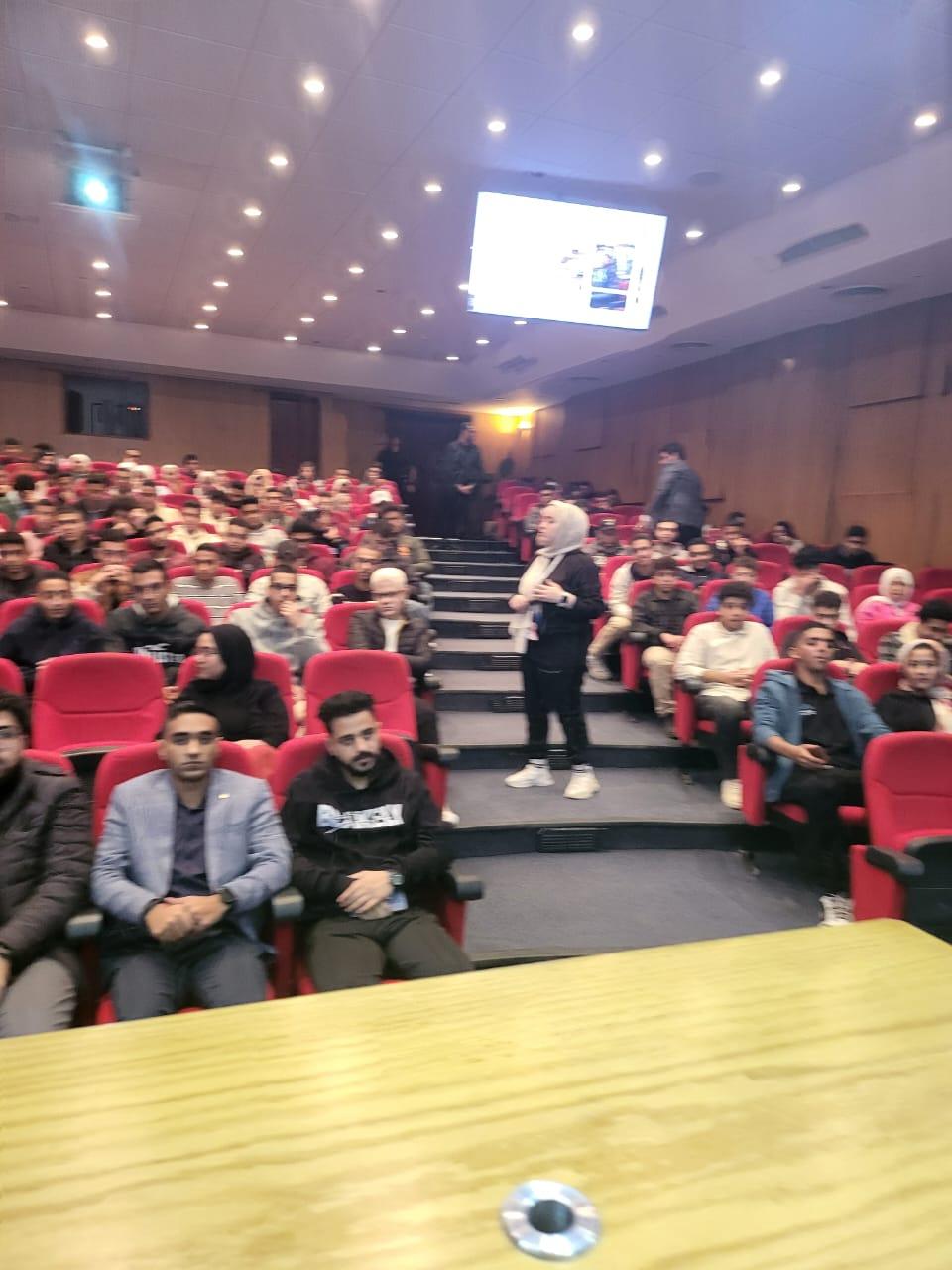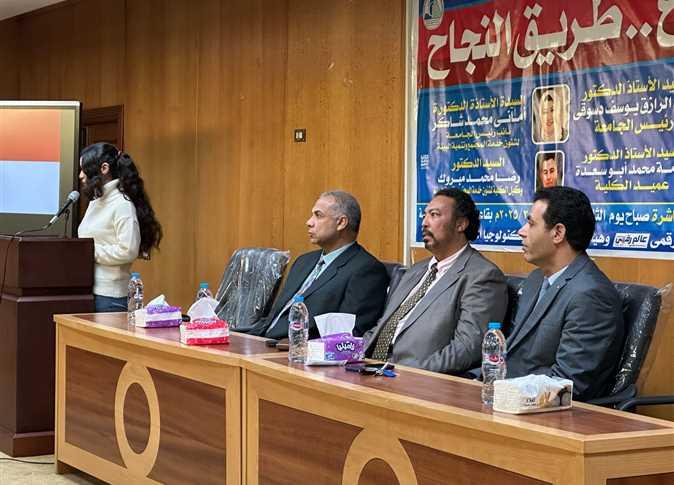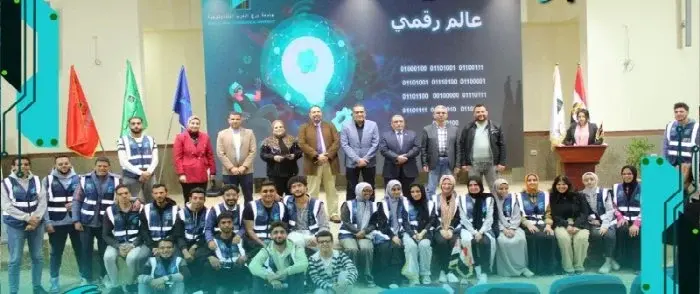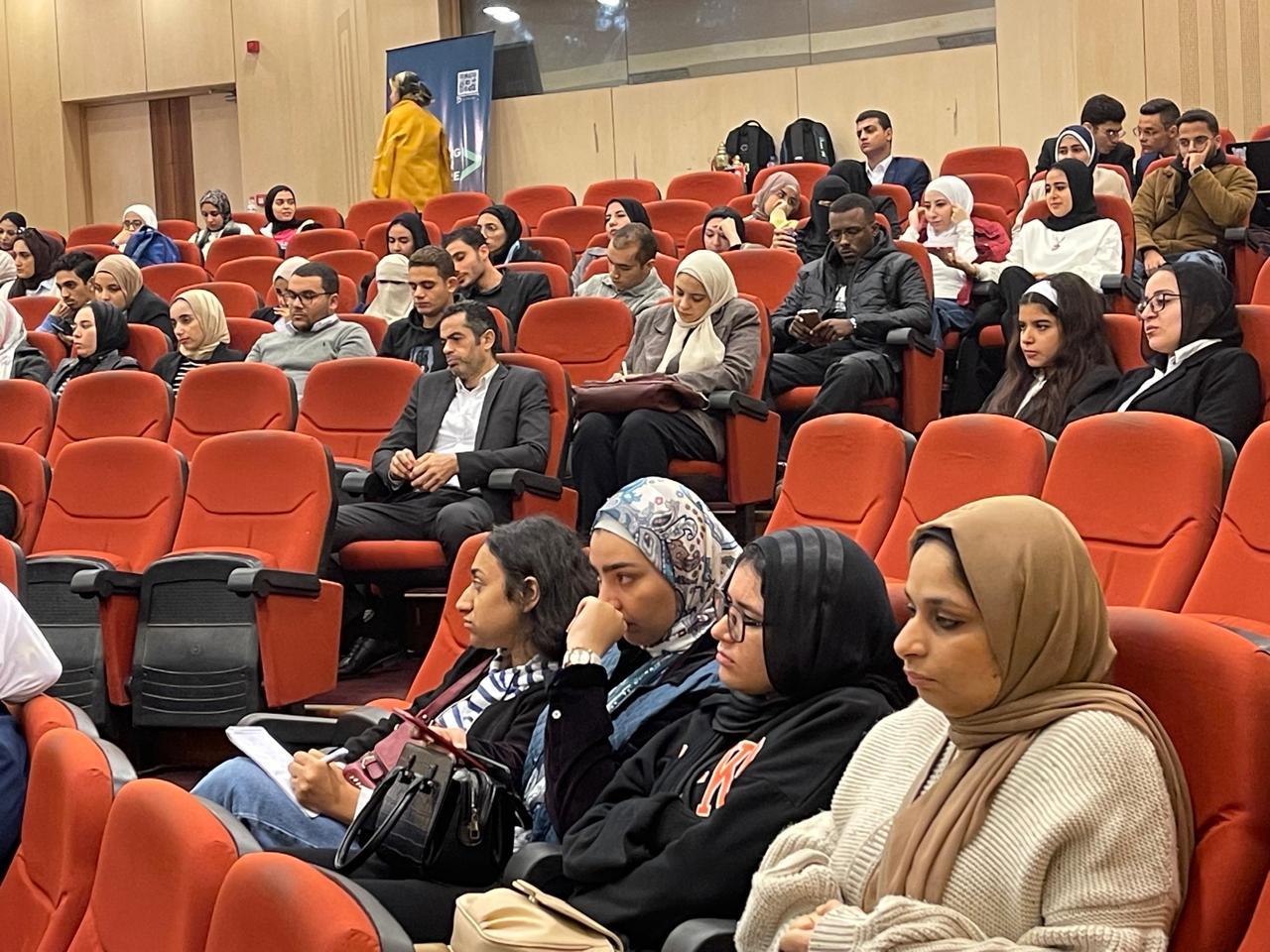By ; Basel Khaled
According to Kaspersky survey[1], (26%) of people in Egypt faced banking fraud at least once in the first half of 2020. In most of the cases (77%), the banking fraud occurred via the phone, while the calls were received mainly during business hours: Monday to Thursday, from 11am to 6pm.
Fraudsters are seriously preparing for such calls and are actively using social engineering methods. In some cases, they mentioned the correct name and surname of the person whom they called and in these cases, they even knew bankcard credentials. The most common myths were the need to confirm the data (46%), information about the banking card blocking (37%) and the loan offer (57%). In nearly a third the cases (29%), the criminals were trying to get a code from SMS or card data, and in every fifth case (19%), they tried to convince a person to transfer money to an allegedly secure account.
“Financial scams continues to grow, in particular we’ve seen a (39%) increase in financial malware in the first half of 2020 in Egypt. But at the same time, unfortunately, many people still do not know how to recognize criminals and lose money as a result of simple scam schemes. In case of a phone scam it’s better to end the conversation and call the bank's official number should there be any suspicion,” says Amin Hasbini, Head of Middle East Research Center, Global Research and Analysis Team (GReAT) at Kaspersky
Kaspersky shares a reminder of the basic security tips that will help you to stay safe from scammers:
• be wary of any calls from people who claim to be bank employees;
• do not follow dubious links from SMS or messages received in messengers;
• never tell anyone CVV or codes from SMS or push notifications;
• in case of any suspicion, immediately hang up and call the bank yourself at the number indicated on the back of the card;
• get cybersecurity on your phone – the best way to protect your online privacy and data on your mobile is to protect it. We recommend installing Kaspersky Security Cloud.













































































